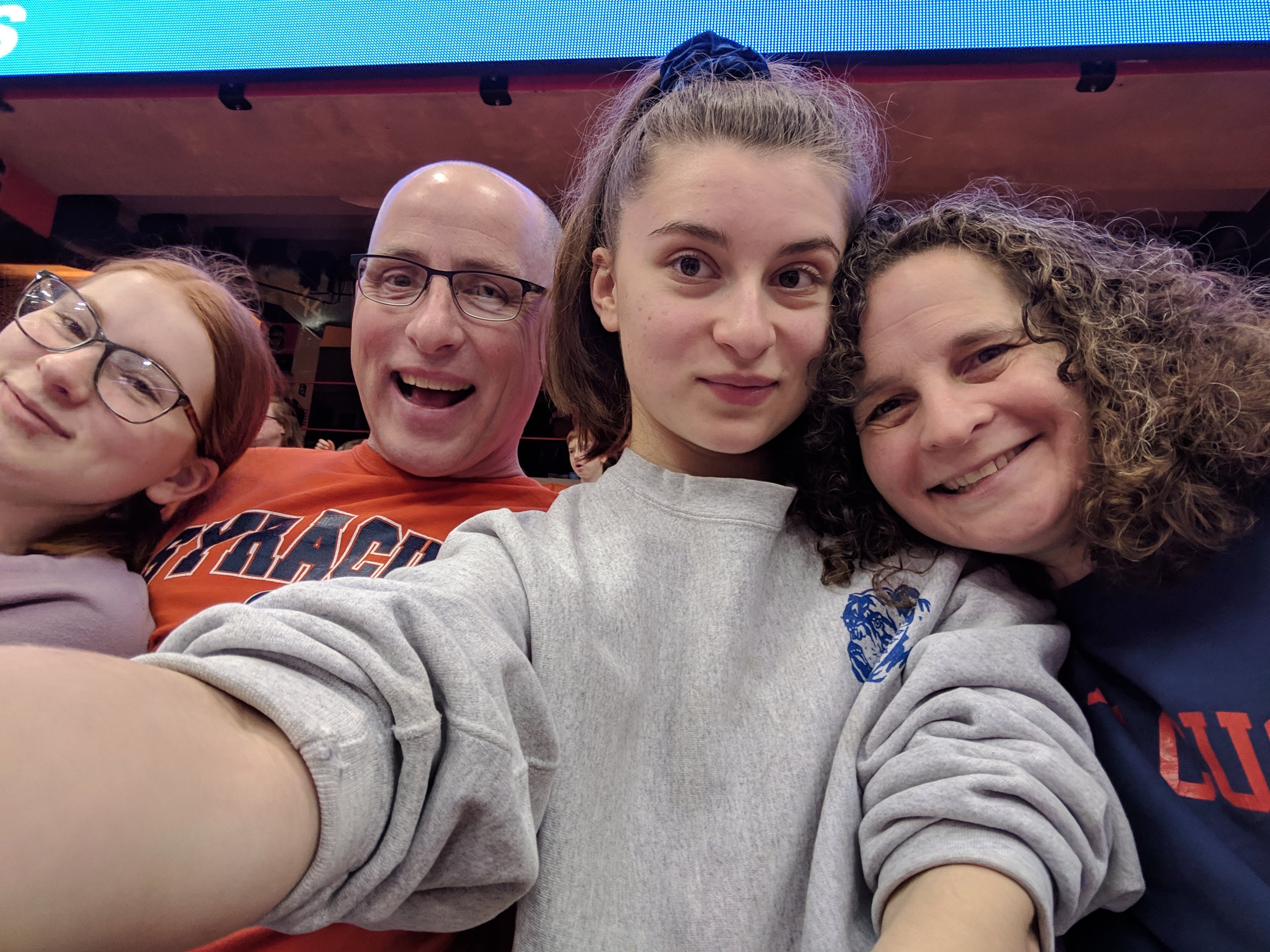Work Space
“Appealing workplaces are to be avoided. Once wants a room with no view, so imagination can meet memory in the dark. When I furnished this study seven years ago, I pushed the long desk against a blank wall, so I could not see from either window. Once, fifteen years ago, I wrote in a cinder-block cell over a parking lot. It overlooked a tar-and-gravel roof. This pine shed under trees is not quite so good as the cinder-block study was, but it will do.”
I call my study The Nook. It is a good space for writing. It is very small, warm, and easy to light since my desk is such a small space and I need not worry about lighting the rest of the room. There are good speakers there because I like to write with music, but The Nook is in the basement away from my family so that there are few distractions. But it is in the basement and so the window, a divided pane that I rescued from the curb on garbage night, looks out onto more basement and only a feeble light from the small window across that room.
Annie Dillard wants "a room with no view," and I get where she's going, but given the choice of Nook placement, I would move mine to the attic and have it be windowed on at least two sides. I would push my desk against one of those windows and keep the other to my side so that I could be part of the world I am imagining and remembering.
Billy Collins talks about writing near a window. Just a piece of paper, a pencil, and the window. The poetry is out there and in his head. It filters between and the window is as necessary to the writing as the pencil and paper, almost as much as the poet himself.
I am writing this in a classroom with students who are also writing. One whole wall of this room is windows. The heaters are on and the place is warm. The hallways are mercifully quiet. There are twenty-eight minutes left in the period before another group will come in and probably be less in the mood for writing than this one. Still, I'll find a way to get some words down on the page and screen.
There is no one writing space, not even for one writer. Dillard moved from a cinder-block cell over a parking lot to a pine shed on Cape Cod. While she prefers the cell, I would take the water and move the desk in front of one of the windows. While we have our preferences of work space, materials, and methods, I'm focused on being able to write no matter where, when, or how. Work spaces are good. They are important. Still, the only thing that matters is to be writing. To be making meaning on the page or screen as often and as well as I can. A good work space helps, but wherever I am, there I go, writing across each line and down each page.
The more important quote from Dillard comes five pages later:
How we spend our days is, of course, how we spend our lives.
Where is less important than what and how. I would submit as well that when the writing is done, who and whom become important as well.
And then there is this:
During that time, I let all the houseplants die. After the book was finished I noticed them; the plants hung completely black dead in their pots in the bay window. For I had not only let them die, I had not moved them. During that time, I told all my out-of-town friends they could not visit for a while.
"I understand you're married," a man said to me at a formal lunch in New York my publisher had arranged. "How do you have time to write a book?"
Sir?
"Well," he said, "you have to have a garden, for instance. You have to entertain." And I thought he was foolish, this man in his seventies, who had no idea what you must do. But the fanaticism of my twenties shocks me now. As I feared it would." (37)
It's not the fanaticism of my twenties that shocks me so much as the fanaticism I still want to feel, that I imagine feeling, and that I assume will be necessary to do real work. I feel the fanaticism of someone on the sidelines knowing that to be out on the field I have to do little more than be living the game with every fiber of my being and to the exclusion of everything else. I know that fanaticism is foolish. I know thinking that way is a crutch to support my broken dreams. And yet I still harbor that fanatic kid within me and keep listening to his voice.




